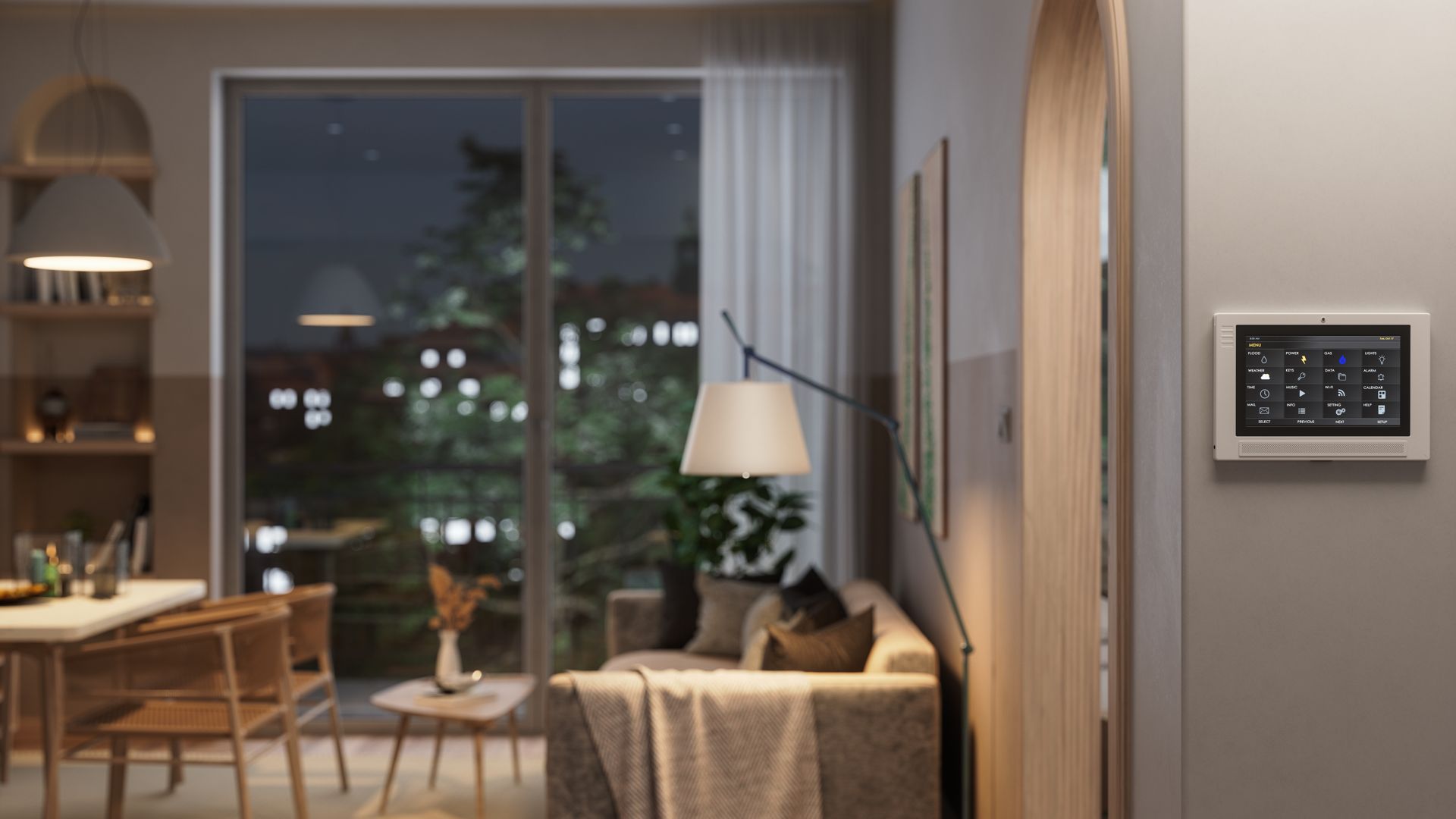We are living in very interesting times. COVID-19 has crawled it’s way to every corner of the world, and most of us have felt its effect.
For everyone’s protection, physical distancing is being practiced around the globe, causing people to hole up in their homes for the foreseeable future. As we adjust to our “new normal,” how do we help ensure our family, home, and HVAC systems are up for the task?
Despite the disruption, Home Aire Care is still providing the home comfort you deserve, while taking steps to protect you, your loved ones, our community, and our staff.
Local Resources to Follow
Staying updated is essential as new information pours in from news and social media. However, it can be easy to get washed away in a flood of unreliable sources and conspiracy theories.
You require information you and your family can trust. For resources local to Kingston and Trenton, refer to government and healthcare centres for the most reliable information.
These can include:
- The City of Kingston
- The Ontario Health Agency
- The Municipality of Port Hope
- The Government of Ontario
- The Government of Canada
Updates are made every day. Please, use trusted sources so you can make informed decisions.
Is It Safe To Let Technicians & Repair People Into Your Home?
HVAC companies are considered an essential service, and Home Aire Care is ready 24/7 to help ensure your home living situation is as comfortable and safe as possible. However, because of the new physical distancing practices put into place, we’ve adapted our practices, so we can continue to serve you and your family best.
Including our usual safety practices of wearing clean uniforms and booties, all of our employees are practicing physical distancing and good hand hygiene. Any employees with cold or flu-like symptoms, no matter how mild, have been asked to stay home from work.
If anyone in your family is sick, but you still require our services, please let us know, and we will take the necessary precautions before visiting your home.
Can Air Purifiers or Air Filters Prevent COVID-19?
Scientists are still unsure about the nature of COVID-19 and whether or not it is airborne. However, air filters and purifiers help rid your home of other contaminants that could weaken your immune system and leave you vulnerable.
Air Purifiers
UV air purifiers harness the power of ultraviolet light to target and rid your air of harmful contaminants that could be in your HVAC system. UV light can kill viruses, although no specific information about whether UV air purifiers kill COVID-19 is available yet. It’s also important to remember these systems need to be appropriately fitted to your home, requiring a trained technician to install correctly.
Air Filters
Air filters, specifically high-efficiency air filters, can help remove particles in your air. Although no specific research on COVID-19 is available yet, air filters can filter out other particles and droplets that are about the same size as COVID-19 particles. However, it’s important to look for air filters with a MERV rating of 8 or higher to help ensure your air is as clean as possible.
What About Hospital Filtration Systems?
Hospitals use unique mechanical systems tailored to meet their extensive filtration and purification needs. In many cases, hospitals use a combination of techniques like UV lamps, strict humidity controls, and industrial airflow management equipment to help keep the air clean. Hospitals also have dedicated staff to operate and maintain this equipment, in addition to staff that routinely clean and disinfect surfaces.
A combination of air purifiers, humidity control, filtration, and airflow management systems, has been shown to reduce infections from other viruses. While an upgraded air filter or UV air purifier won’t hurt when it comes to COVID-19, it is not a replacement for steps like handwashing and physical distancing.
How To Keep Your Home Clean & Safe
Wash Your Hands & Don’t Touch Your Face
COVID-19’s lasting threat is its ability to survive on surfaces for a long time. Whenever you go out to get groceries, go for a walk, or even touch items in your own home, you need to act like every surface or item may be contaminated.
Because of this, the government of Canada recommends frequent hand washing. To clean your hands properly, spend 20 seconds lathering and scrubbing thoroughly and make sure your entire hand is covered, including between the fingers, and both sides of the hand.
If you’re out and about, make sure you have an alcohol-based hand sanitizer with you and use it often, especially after touching door handles or other “high touch” surfaces or picking up products on store shelves.
It’s also vital to not touch your face or handle any food until after you have washed your hands. Sneeze or cough into your elbow or tissue and dispose of the tissue immediately.
Clean Your Home Often
COVID-19 can last for an unprecedented amount of time on surfaces, sometimes between a couple of hours to several days. Even if you’re staying home as much as you can, picking up groceries or going for a walk could leave your home vulnerable to infection.
However, regularly cleaning your home using disinfectant wipes is a great way to stop surface-living viruses in their tracks. While no current disinfectant claims it can wipe away COVID-19, it does help rid your home of other viruses that could leave you and your family’s immune system compromised.
Please make sure you disinfect these surfaces and objects regularly:
- Toys
- Toilets
- Phones
- Electronics
- Television remotes
- Bedside tables
Practice Physical Distancing
If 2020 had a buzzword, it would be physical distancing. While people are hunkering down in their homes to stay safe, there are still many out there that have to go to work to help provide essential services to the community (including ourselves).
To make sure everyone remains as safe as possible, our government has asked us to try and keep a healthy distance away from each other to avoid further the spread of the virus. COVID-19 isn’t necessarily airborne, but it can jump from person to person if they cough, sneeze, or breathe on you.
You can practice physical distancing by avoiding crowded spaces, common greetings like handshakes, and keeping at least 2 metres from each other.
Stay Home
Finally, the best way to prevent the spread of the virus, and to keep your family safe, is to stay home as much as possible. You should only be going out if it’s necessary, like going for groceries, picking up prescriptions, or attending medical appointments.







